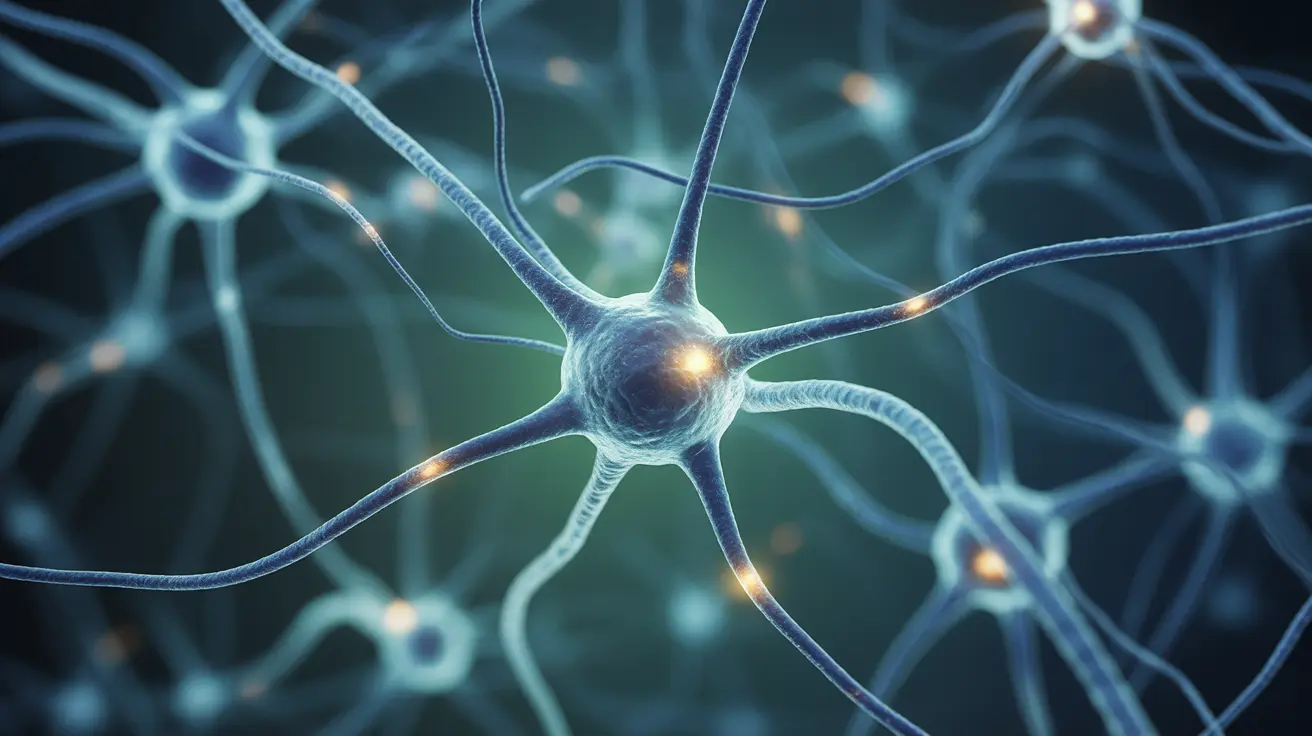Lithium has emerged as a powerful therapeutic option in the treatment of various mood disorders, particularly when traditional antidepressants alone don't provide adequate relief. This naturally occurring element has been used in psychiatry for decades, demonstrating significant effectiveness in stabilizing mood and reducing suicidal thoughts in certain patients.
Understanding how lithium works for depression, its benefits, and potential risks is crucial for anyone considering or currently using this medication as part of their treatment plan. Let's explore the scientific evidence behind lithium's use in depression and what patients need to know about this important medication.
How Lithium Works in the Brain
Lithium operates through multiple mechanisms in the brain to help regulate mood and emotional stability. It primarily works by:
- Modulating neurotransmitter systems
- Stabilizing neural membranes
- Affecting second messenger systems
- Regulating genetic expression related to neuroplasticity
These complex interactions help restore balance to brain chemistry, particularly in areas responsible for mood regulation and emotional processing. Research suggests that lithium may also have neuroprotective properties, potentially helping to prevent brain cell damage associated with recurring mood episodes.
Effectiveness in Different Types of Depression
Lithium's effectiveness varies depending on the type of depression being treated. It shows particularly strong results in:
Bipolar Depression
Lithium serves as a first-line treatment for bipolar disorder, effectively managing both manic episodes and depressive symptoms. It has shown superior results in preventing suicide risk in bipolar patients compared to other medications.
Treatment-Resistant Depression
When traditional antidepressants prove insufficient, lithium can be added as an augmentation strategy. This combination approach often helps patients who haven't responded adequately to standard treatments alone.
Safety Considerations and Side Effects
While lithium can be highly effective, proper monitoring is essential for safe use. Common side effects may include:
- Tremors
- Increased thirst
- Frequent urination
- Mild nausea
- Weight changes
More serious concerns that require immediate medical attention include:
- Severe dehydration
- Kidney function changes
- Thyroid problems
- Cognitive difficulties
Monitoring and Management
Successful lithium treatment requires careful oversight and regular monitoring. This includes:
- Regular blood level checks
- Kidney function tests
- Thyroid function monitoring
- Careful attention to hydration and salt intake
- Regular check-ups with healthcare providers
Frequently Asked Questions
How effective is lithium for treating depression, especially bipolar vs. non-bipolar depression? Lithium is highly effective for bipolar depression, with success rates of 70-80% in preventing mood episodes. For non-bipolar depression, it's primarily used as an augmentation strategy, showing moderate effectiveness when combined with traditional antidepressants.
What are the common side effects and safety concerns of taking lithium for depression? Common side effects include tremors, increased thirst, frequent urination, and mild nausea. Safety concerns involve maintaining proper blood levels through regular monitoring and watching for signs of thyroid or kidney problems.
How does lithium work in the brain to help stabilize mood and reduce suicidal thoughts? Lithium works by modulating neurotransmitter systems, stabilizing neural membranes, and affecting second messenger systems. It has been shown to significantly reduce suicidal thoughts and behaviors through these mechanisms.
When is lithium recommended as an add-on treatment for depression that doesn't respond to antidepressants? Lithium augmentation is typically considered after one or two failed attempts with traditional antidepressants. It's particularly recommended when patients show partial response to antidepressants but haven't achieved full remission.
What monitoring and precautions are necessary while taking lithium for mood disorders? Regular monitoring includes blood lithium levels every 3-6 months, kidney and thyroid function tests, and careful attention to hydration and salt intake. Patients should maintain consistent salt intake and avoid dehydration.




